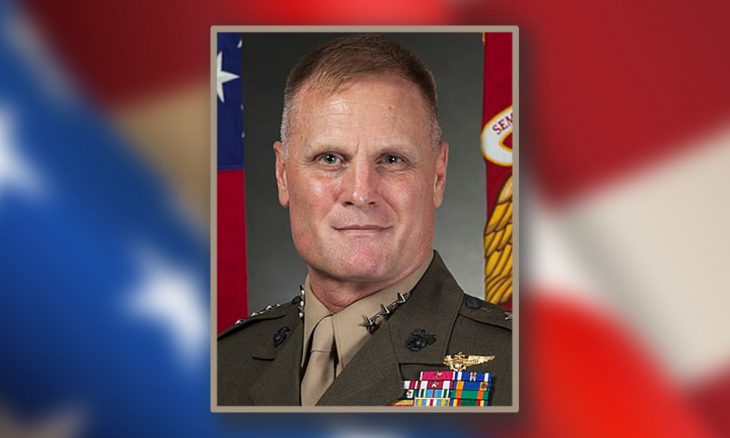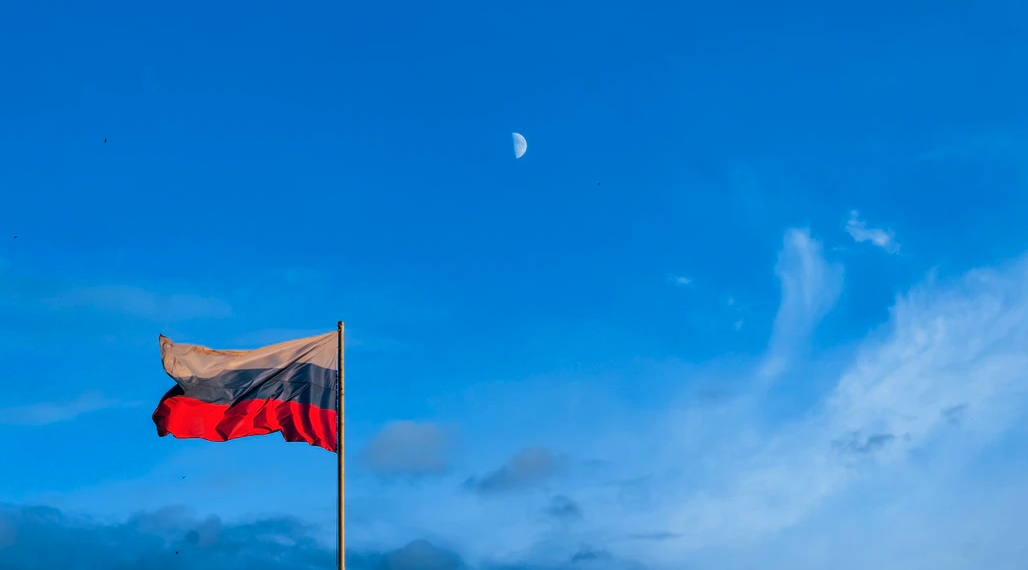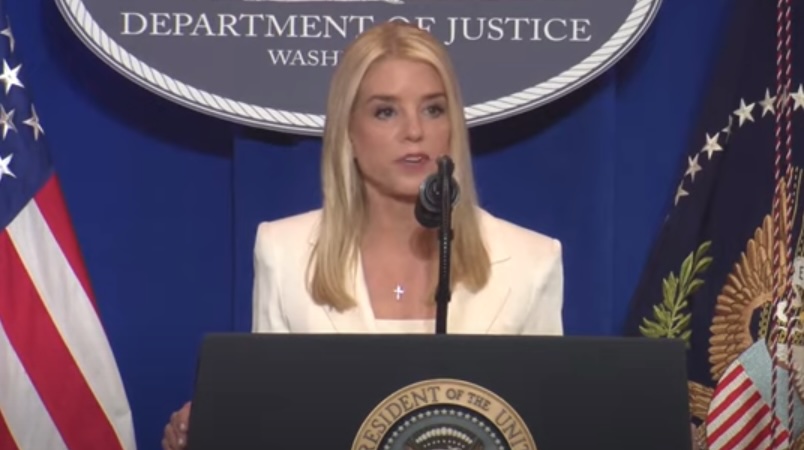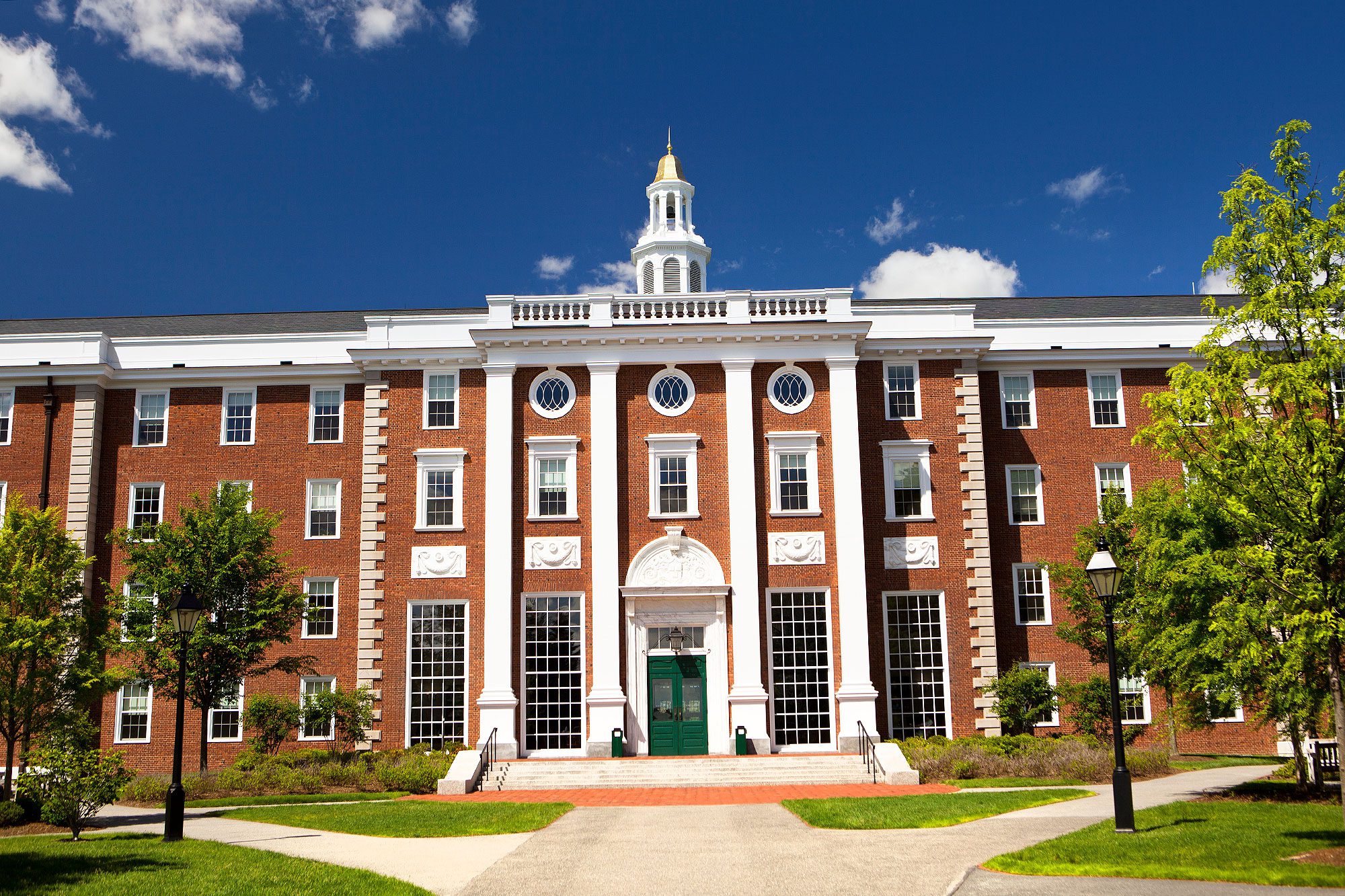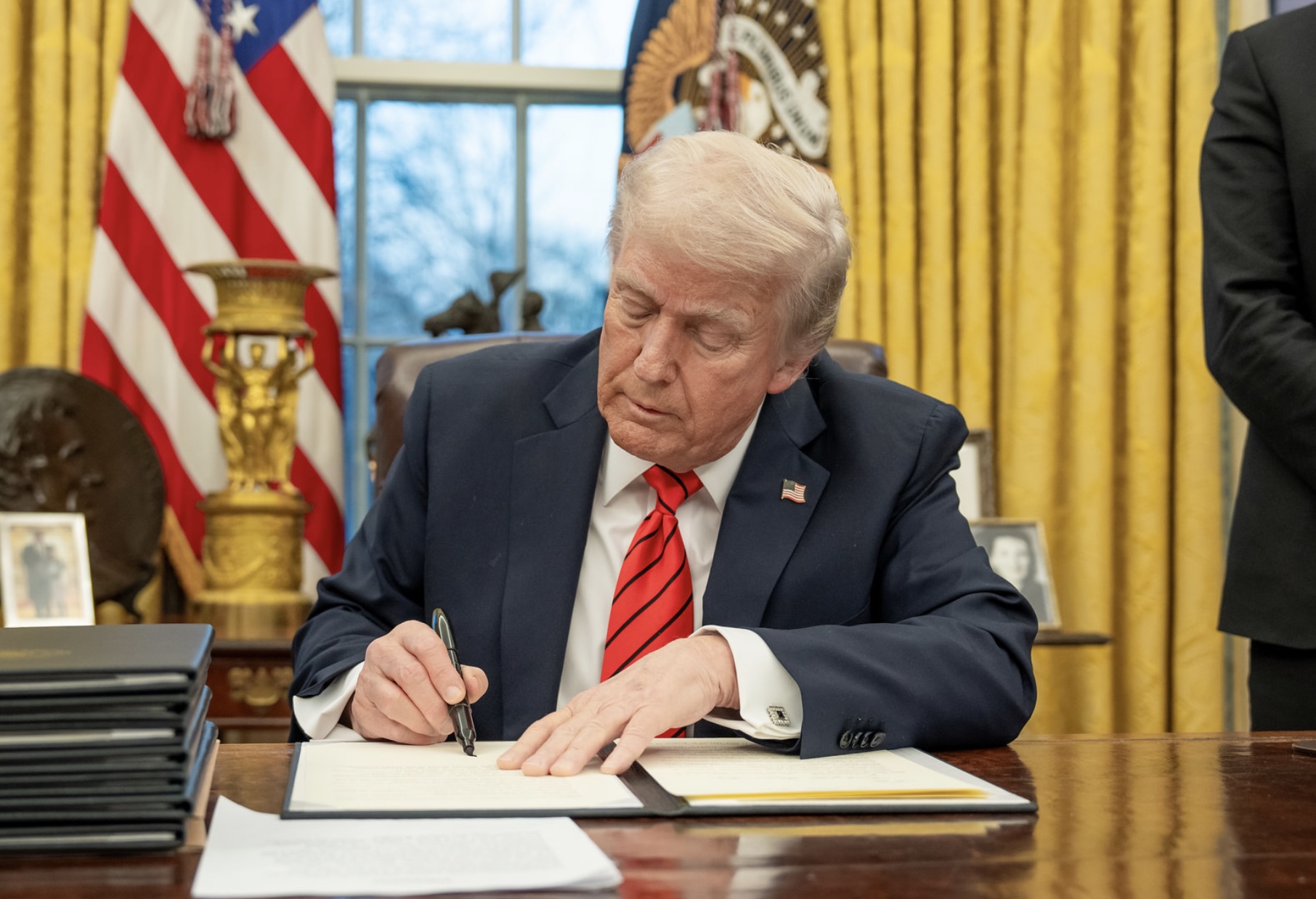Lieutenant General Steven R. Rudder
Commander, U.S. Marine Corps Forces, Pacific
Steven R. Rudder is a native of Canton, Connecticut. He holds an undergraduate degree in business administration from Boston University, a Master of Military Studies degree from the Marine Corps Command and Staff College, and a Masters of Strategic Studies from the U.S. Army War College. He was commissioned as a second lieutenant, then graduated from the Basic School at Marine Corps Base Quantico. His first assignment was to an assault battalion. He transferred to Naval Air Station Pensacola for flight training and was designated a Naval Aviator.
His operational assignments include AH-1 Cobra helicopter training with HMT-33 followed by service as a maintenance officer and tactics instructor.
His command and staff assignments include as weapons and Tactics Officer, Division Head, Marine Aviation Weapons and Tactics Squadron One, and Operations Officer for the Marine Light Helicopter Squadron. He served in the Pentagon at the office of the Secretary of Defense.
Later, Rudder served as Senior Watch Officer, 3rd Marine Air Wing in Afghanistan and Pakistan. He served CENTCOM in Tampa, Florida, and later was commanding officer of an aircraft group that deployed to Iraq in support of Operation Iraqi Freedom.
He was promoted to Commanding General of the First Marine Air Wing in Okinawa Japan; Director of Strategic Planning and Policy, U.S. Pacific Command; Deputy Commandant for Aviation, and is presently Commanding General, United States Marine Corps Forces, Pacific.
In the News…
The commander of U.S. Marine Corps Forces, Pacific, said that his forces are committed to defending southwestern Japanese islands as the allies try to bolster their defenses amid growing threats from China and Russia.
Lieutenant General Steven Rudder, in talks with Japan’s Defense Minister, said the U.S. Marine presence is focused on the so-called first island chain in the western Pacific—the string of islands stretching from Japan’s East China Sea islands through the Philippines that has traditionally defined a boundary of China’s sphere of influence but that Beijing now appears to be pushing eastward.
“With our forces west of the international dateline, we will continue to live, train, and work in the first island chain primarily with the assistance and support of our Japanese host,” Lt. General Rudder said. He also said the United States and Japan are looking to develop capabilities and tactics to ensure readiness in the region.
His comments come on the heels of China’s and Russia’s increased naval activity around Japan.




